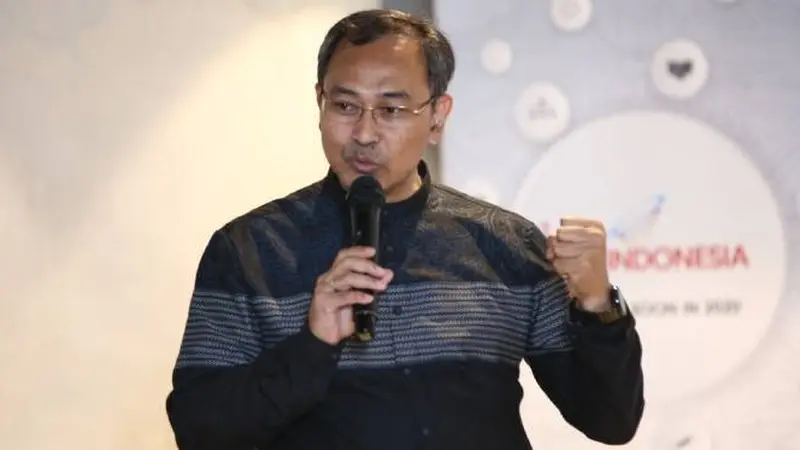IoT in Indonesia: A Look into the Future of Connectivity and Growth
The Internet of Things (IoT) has emerged as one of the most transformative technologies, rapidly expanding across consumer and corporate sectors in Indonesia. According to the Indonesian IoT Association, the country is poised to have approximately 678 million IoT devices by 2025, with the IoT market expected to reach a significant value of around $40 billion. This growth represents an enormous opportunity for various industries and signifies Indonesia’s increasing integration of smart technology into daily life.
IoT Market Growth in Indonesia
The potential for IoT in Indonesia is undeniable, with industries across the board set to benefit from this technology. The expansion of smart homes, agriculture, healthcare, and education are expected to be the key drivers of IoT adoption. Teguh Prasetya, Chairman of the Indonesian IoT Association, noted in a recent interview on CNBC Indonesia that several sectors will see significant increases in IoT usage, fueled by the rising demand for artificial intelligence (AI) integration.
Smart Homes Lead Consumer IoT Growth
One of the most visible areas where IoT will see rapid growth is in the consumer sector, particularly through smart homes. The adoption of smart devices for home automation, security, and energy efficiency is expected to skyrocket. As more consumers embrace IoT-based technologies, smart home products like connected lighting, thermostats, and security systems are becoming mainstream. This shift toward smarter living will contribute significantly to Indonesia’s IoT market.
IoT in Agriculture: Smart Solutions for Sustainable Growth
Another key area driving IoT adoption in Indonesia is the agriculture sector. The government’s push to expand agricultural land and technology-based solutions is aligning perfectly with the growing demand for IoT in farming. IoT devices, including sensors and automated systems, are increasingly used in agriculture to monitor soil conditions, optimize water usage, and enhance crop yields. By integrating AI, these IoT solutions are revolutionizing traditional farming methods and promoting sustainable agricultural practices.
Healthcare: Remote Medicine and Connected Devices
The healthcare sector is another domain where IoT is making an immense impact. From remote telemedicine to telesurgery, IoT-enabled devices are transforming how healthcare services are delivered in Indonesia. Hospitals and clinics are adopting IoT technology to monitor patient conditions in real-time, improve diagnostic accuracy, and enable personalized care. On the personal health front, wearable devices and sensors are being used to track fitness, heart rate, and other health metrics, empowering individuals to take charge of their health.
Education and Smart Classrooms
IoT is also poised to play a crucial role in Indonesia’s education sector. The demand for smart classrooms and smart schools is growing, as educational institutions look to integrate technology for more interactive and personalized learning experiences. IoT solutions enable the creation of digital classrooms where students and teachers can benefit from real-time data sharing, virtual learning environments, and enhanced educational tools.
In conclusion, Indonesia’s IoT market is on the brink of explosive growth, with key sectors such as smart homes, agriculture, healthcare, and education driving the way forward. The integration of IoT technologies will not only improve efficiencies and productivity but also transform the way people live and work across the country by 2025.
Read More






 Friday, 27-02-26
Friday, 27-02-26







